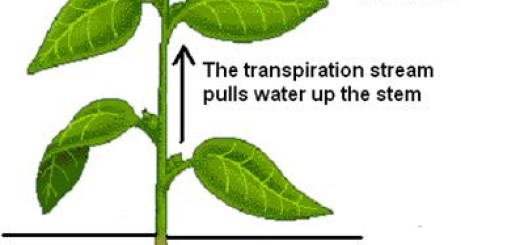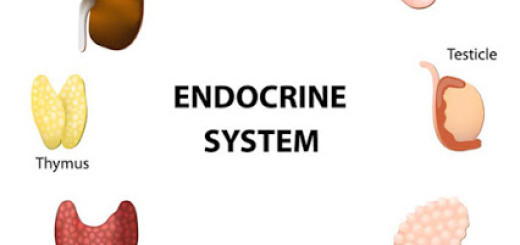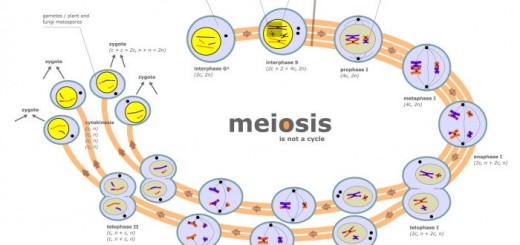Types of wastes and the excretion process in the human
When we eat, some food is digested, then the blood carries the digested food to all the body cells, The cells consume the digested food to produce energy and release some useless materials into the blood to be expelled out of the body, and these useless materials are called the excretory materials (the cell wastes).
Excretion process in the human
When some food is not digested, This indigested food becomes useless, So it must be expelled outside the body in the form of solid wastes, two types of wastes are expelled outside the body which are solid wastes and excretory materials.
Solid wastes are indigested food that is stored in the large intestine until it passes out of the body, And the excretory materials are expelled out of the body through the excretion process.
The excretion process is the process of getting rid of the excretory materials of the body, and the excretory materials are the waste materials that are produced inside the body cells and the body must get rid of them.
Excretion is the process of removing cellular wastes, excretion refers specifically to the elimination of wastes produced by cellular activity, and it is not the removal of undigested food material.
The body must get rid of the excretory materials as they contain harmless materials that the body can not use them and poisonous materials that the body must get rid of.
Important excretory organs in man’s body & Structure of urinary system
Small intestine, Absorption of digested food, Metabolism, Large intestine and defecation
Role of the respiratory system in the excretion process in man & Respiration in plant













